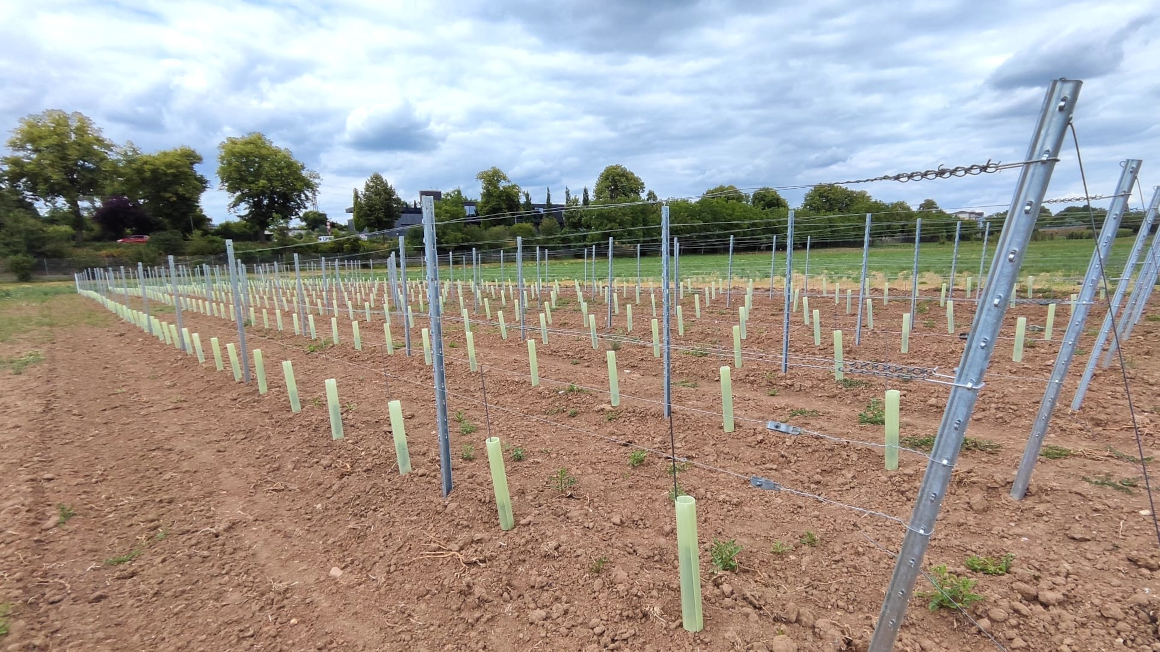With gene scissors to the Nobel Prize in Chemistry
The discoverers of the CRISPR-Cas gene scissors receive the Nobel Prize in Chemistry 2020. The tool for genetic modification has revolutionized biomedicine and breeding research.

The discovery of the revolutionary tool of molecular biology - the CRISPR-Cas9 gene scissors - was awarded the Nobel Prize for Chemistry 2020. For the discoverers it is the crowning glory of a series of top-class science prizes: microbiologist Emmanuelle Charpentier, who conducts research in Berlin, and US molecular biologist Jennifer Doudna have long become stars of science.
With the CRISPR-Cas system, Emmanuelle Charpentier has detected a unique mechanism and thus laid the foundation for a revolutionary tool in molecular biological research. Early on, experts considered the tool to be a milestone in biotechnology. All over the world, people are now working on how the genetic scissors can be used sensibly - in medicine, but also in the breeding of new plants.
Charpentier had discovered CRISPR-Cas as part of the bacteria's viral defense system. The microbes fend off attacks by their enemies by cutting up their genetic material. After working in the US and Austria, she moved to the University of Umeå in 2009. In 2012, the scientist published a complete manual for the cutting mechanism in the journal Science. Since then, scientists around the world have been using the new genome editing system.
The Nobel Prize is also a great success for Germany as a research location: Charpentier has been in Germany since the beginning of 2013, initially as Humboldt Professor at the Helmholtz Centre for Infection Research in Braunschweig. Since 2015, the Frenchwoman is working in Berlin: first as Director at the Max Planck Institute for Infection Biology in Berlin, where she headed the Department of "Regulation in Infection Biology". Since 2017, she is now head of the Max Planck Unit for the Science of Pathogens.
Reactions from politics
Federal Research Minister Anja Karliczek congratulated Ms. Charpentier warmly on winning the Nobel Prize in Chemistry and - after the Nobel Prize in Physics for Reinhard Genzel the previous day - was delighted about the double honor of researchers in Germany. "Both decisions of the Stockholm Prize Committee show that Germany is an excellent and competitive location for science". The Federal Minister pointed out the application potential of the CRISPR-Cas9 gene scissors: "This opens up extensive application possibilities in many areas of molecular genetics, for example in plant breeding or even in medicine. This new method opens up completely new paths in both disciplines. Benefits and risks must be carefully discussed with and within society".
Federal Minister of Agriculture Julia Klöckner also emphasized the potential of the new molecular tools: "The decision of the Nobel Prize Committee expresses how fundamental the development of the genetic scissors is, what significance is attributed to it - especially for agriculture and global food security". Klöckner went on to say: "Classical plant breeding has always adapted the genome of crops. But with the genetic scissors, research can be conducted more precisely and more quickly. That is why I have high hopes for such new breeding methods". These are of course not a panacea. "But if we want and need plants that are resistant to capricious weather conditions and climate change, that require less pesticides, then we should discuss responsibly about a differentiated approval of such methods for plant breeding."
pg


